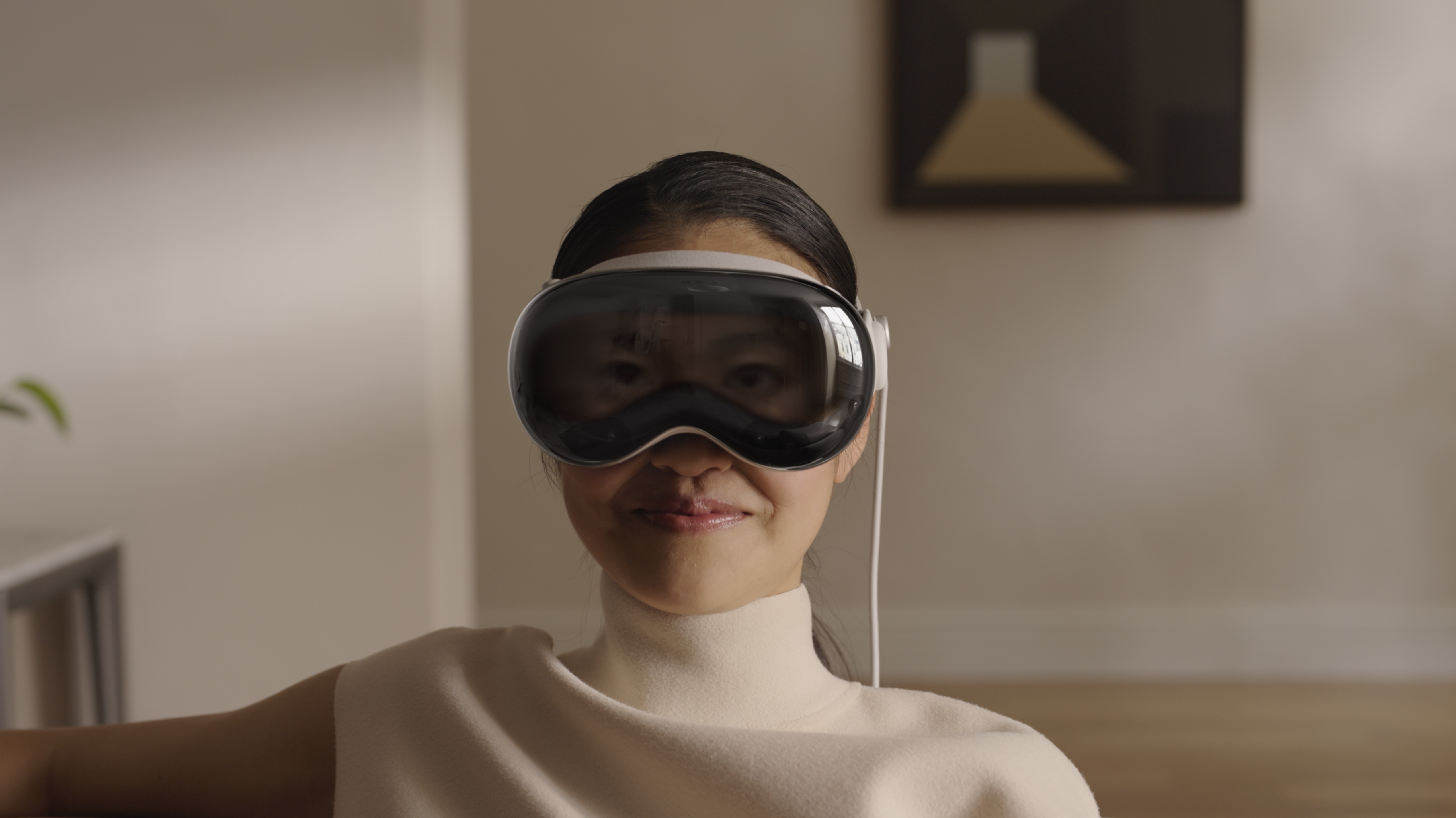
Apple's Vision Pro AR/VR headset will finally go on sale on February 2 after months of waiting, and it's going to be a huge release for both Apple and the mixed reality industry as a whole. So much so that you might expect that the incumbent companies are starting to look over their shoulder at what Apple is doing and where it intends to take the Vision Pro. But at least one of them isn't concerned at all.
Magic Leap has been making AR headsets for a while now and the Magic Leap 2 is a strong contender in a world where such headsets are used to teach complex things like surgery and more. The Vision Pro could potentially have a place in similar settings thanks to its high-end technology and ultra-fast M2 chip, but Magic Leap isn't at all worried about Apple's progress.
In fact, Magic Leap isn't just unworried about the Vision Pro, its CEO Ross Rosenberg isn't even convinced that the two companies are paddling in the same pool. He's confident that the Magic Leap 2 is a cut above, despite costing less than the Vision Pro — albeit just $200 less. Priced at $3,300 the Magic Leap 2 is an expensive headset, a fact that should perhaps shed new context on the Vision Pro's own eye-watering price tag.
It's all about the accuracy
Rosenberg was speaking in an interview with VentureBeat at this year's CES 2024 event when he was, understandably, asked about the elephant in the room. And elephants don't come much bigger than Apple.
Rosenberg suggested that Apple's focus is more on displaying content to users whereas Magic Leap's is elsewhere.
"When you have the desire to not just display information, and not just even locate information, but to interact with that information at that level of precision, there’s no one else that can do what we do," Rosenberg explained. "There’s a big moat around the company for those types of use cases. What Apple has shown, as I’m sure you’ve seen, is much more about watching a streaming movie or a FaceTime call, where you don’t need nearly as much accuracy." Rosenberg went on to add that Apple's headset is in "a very different space" to its own as a result.
CTO Daniel Diez added that Magic Leap also excels in an area where Apple may not — motion.
"The other big difference is that if the task you’re doing requires you to be in motion as the user, or if things in your environment are in motion, the lag of re-rendering every time an object moves or you move and putting it on the screens is a deal killer for something like military training applications, police, first responders, active shooter training, or physicians who want to see things immediately," he explained. Those things don't seem like areas in which Apple will turn its focus, either.
A question of price
Much has been made about the Vision Pro's $3,499 starting price, but Magic Leap's executives were quick to point out that its own prices have been consistent, suggesting that it sees no need to reduce them yet.
But Magic Leap isn't generally selling to end users in the way Apple is, and that's why a future Vision Pro is already touted to be cheaper and more accessible than the current $3,499 model.
That model will go up for preorder on January 19 before finally going on sale to the public across the United States on February 2. A global launch has been tipped to happen before WWDC in June, too.







